Nimrod Literary Awards 2018
The Fall/Winter 2018 issue of Nimrod International Journal opens with Editor Eilis O’Neal reflecting on the publication’s 40th anniversary of awards. While there have been some changes, O’Neal asserts, “What hasn’t changed is that, from the beginning, the prizes have been awarded to writers from all corners of the country, writers of diverse backgrounds, and writers at many different stages of their writing careers, from authors with impressive publishing credits to writers appearing in print for their first time. And what really hasn’t changed is that, each year, the Awards bring us outstanding poetry and fiction. This year is no exception.”
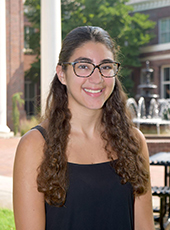 The Pablo Neruda Prize in Poetry
The Pablo Neruda Prize in Poetry
Judge Patricia Smith
First Prize
Emma DePanise [pictured], “Dry Season” and other poems
Second Prize
Megan Merchant, “Marrow” and other poems
Honorable Mentions
Anna Scotti, “When I could still be seen” and other poems
Jeanne Wagner, “Dogs That Look Like Wolves” and other poems
Josephine Yu, “Women Grieving” and other poems
The Katherine Anne Porter Prize in Fiction
Judge Rilla Askew
First Prize
Sharon Solwitz, “Tremblement”
Second Prize
Ellen Rhudy, “Would You Know Me”
Honorable Mention
Liz Ziemska, “Hunt Relic”
Work by the winners, as well as by the honorable mentions, finalists, and many semi-finalists, are published in Awards 40, the Fall/Winter 2018 issue.
The 41st Nimrod Literary Awards competition begins January 1, 2019; the deadline is April 30, 2019.

 First place: Laura Roque [pictured] of Hialeah, Florida, wins $3000 for “Lady-Ghost Roles.” Her story will be published in Issue 105 of Glimmer Train Stories.
First place: Laura Roque [pictured] of Hialeah, Florida, wins $3000 for “Lady-Ghost Roles.” Her story will be published in Issue 105 of Glimmer Train Stories. 1st place goes to Peter Sheehy, of Astoria, New York, who wins $2000 for “Things Frozen Then.” His story will be published in Issue 105 of Glimmer Train Stories. [Photo credit: Henry Porter]
1st place goes to Peter Sheehy, of Astoria, New York, who wins $2000 for “Things Frozen Then.” His story will be published in Issue 105 of Glimmer Train Stories. [Photo credit: Henry Porter] The English Department at Ohio Northern University has opened a new
The English Department at Ohio Northern University has opened a new  With its most recent edition,
With its most recent edition,  It’s all like a bad riddle, our widow friend
It’s all like a bad riddle, our widow friend Driftwood Press
Driftwood Press
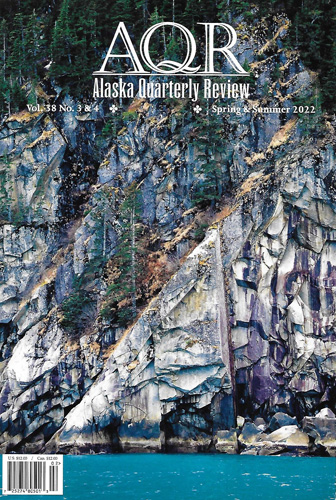
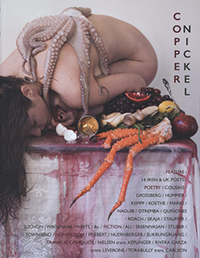

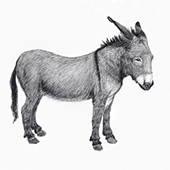 If the idea of snuggling up to a stack of submissions sounds like the most romantic way to spend your evening with the one you love, then you can pretty much imagine the lives of Genevieve Kersten and Eric Andrew Newman, editors of the newest online venue for poetry and flash fiction:
If the idea of snuggling up to a stack of submissions sounds like the most romantic way to spend your evening with the one you love, then you can pretty much imagine the lives of Genevieve Kersten and Eric Andrew Newman, editors of the newest online venue for poetry and flash fiction: 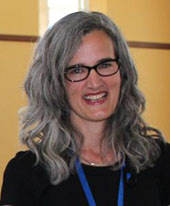 “Literature is not efficient,” writes
“Literature is not efficient,” writes 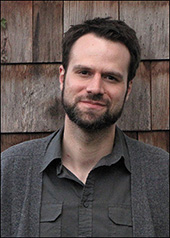 Winner
Winner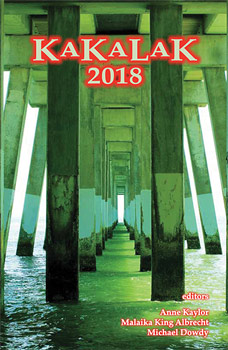 Main Street Rag accepts submissions to the Kakalak anthology each year, publishing poetry and art by or about the Carolinas. Submissions are selected through an annual contest, opening in January and running through May.
Main Street Rag accepts submissions to the Kakalak anthology each year, publishing poetry and art by or about the Carolinas. Submissions are selected through an annual contest, opening in January and running through May.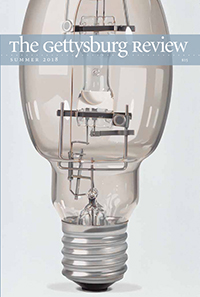
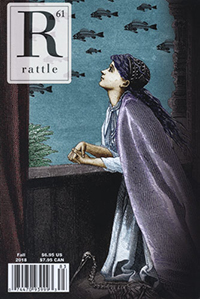
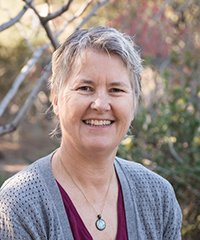 As always,
As always, 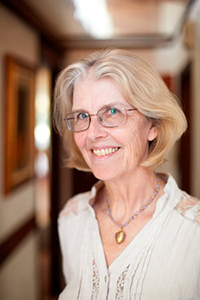 Congratulations to
Congratulations to  First Place
First Place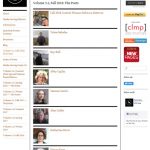
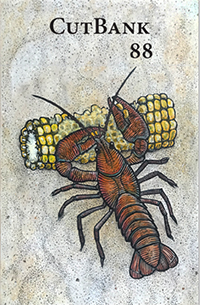
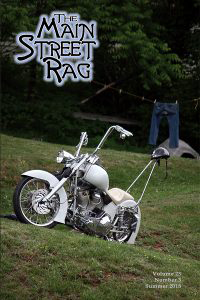
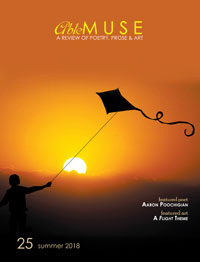
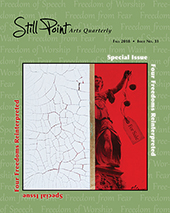
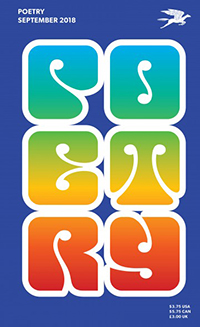
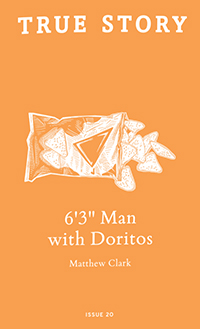
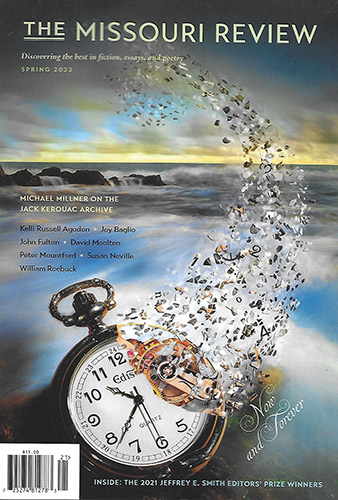
 His muddy rubber boots
His muddy rubber boots